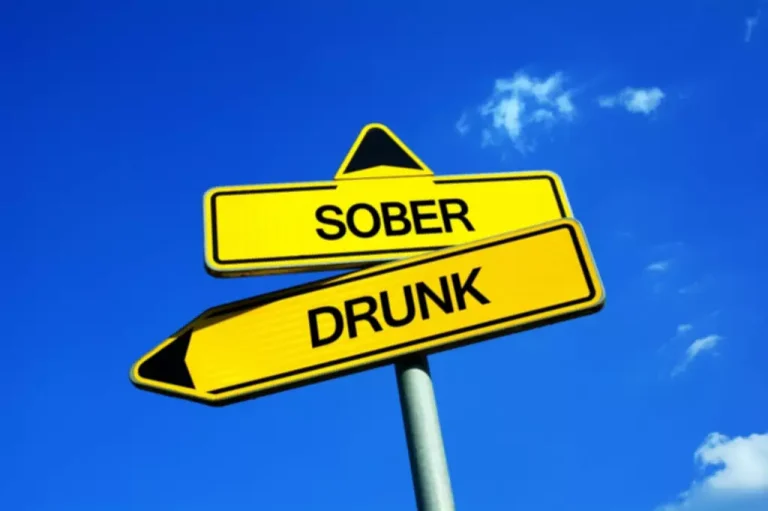If people experience symptoms after drinking alcohol, they should speak with a doctor for further advice. An allergic reaction might not occur the first time a person encounters an allergen. However, they can come on suddenly, and a person can alcohol cause sneezing could develop an alcohol allergy at any point in their life. Some people experience flushing, headaches, and nausea shortly after drinking alcohol. If you have a true alcohol allergy, even small amounts of alcohol can cause symptoms.
Why am I allergic to beer?
Then, you’ll try to add the food back in later to see if your symptoms come back. Once you notice patterns, your provider may have you try an elimination diet to see if your symptoms improve when you stop consuming something that could be a trigger. A food and symptom diary can help you keep track of when your symptoms appear and whether they line up with certain things—such as alcohol.
- Allergies occur when the body responds to an allergen (for example, an ingredient in beer).
- Barley is typically considered safe for those with wheat allergies.
- Sulfites, histamines, and tannins are among some of the substances believed to contribute to a wine intolerance.
- In contrast, an alcohol allergy could become life threatening.
When to See a Healthcare Provider
These headaches usually occur hours after a patient has stopped drinking, as their blood alcohol level returns to zero. While the cause of DAIH is unknown, researchers believe they are related to a drop in a neurotransmitter called serotonin, which regulates the body’s central pain control. When serotonin levels drop, pain signals are dysregulated, and people are more likely to experience painful conditions like headaches. When this blood-brain barrier isn’t protected as it should be, the brain is more susceptible to headache-inducing triggers.
- If you have these symptoms after drinking beer, call 911 or go to the nearest ER.
- Or, maybe you’re sensitive to sulfites or other chemicals in alcoholic beverages, resulting in nausea or headaches.
- The second reason why alcohol can cause sneezing and congestion is that wine, beer, and spirits contain histamine, a compound that elicits an allergic response.
- The viruses spread through respiratory droplets or aerosols released through talking, sneezing or coughing.
- For many people, wine is the drink that causes them to sneeze.
What are the symptoms of alcohol allergy?
Instead, they state that the data indicate that alcohol interacts with a component involving the body’s allergic response. Genuine alcohol allergies, in which people only react to the alcohol, are much less frequent. The doctor may refer the person to an allergy specialist for further testing and treatment. Alcohol-induced respiratory symptoms are common in patients with aspirin exacerbated respiratory disease. Aldehyde is toxic, and buildup is one of the key reasons people develop symptoms of a hangover.
Facial Swelling
- Severe illness is more frequent with COVID-19 than with the flu.
- If left untreated, an allergic reaction can quickly become worse.
- A provider puts tiny amounts of potential allergens on your skin during a skin test.
- Levels of histamines vary based on alcohol, but they will be in higher concentrations in beer and wine (especially red), he says.
- In addition, various ingredients found in alcoholic beverages have the potential to trigger an allergic reaction in some people.
Alcohol Allergies Can Cause Sneezing, Flushing, Headache
- They are found in a number of products, including wine and beer.
- If you find out that you’re allergic to one ingredient, you might still be able to enjoy beer.
- This is likely because wine contains histamines, which trigger allergies.





